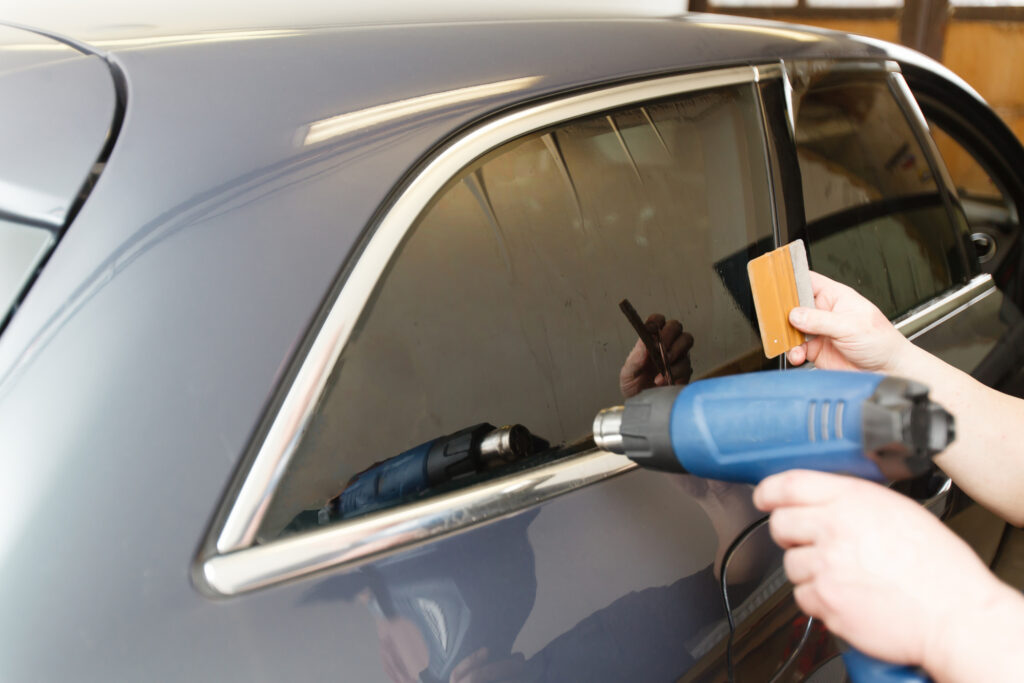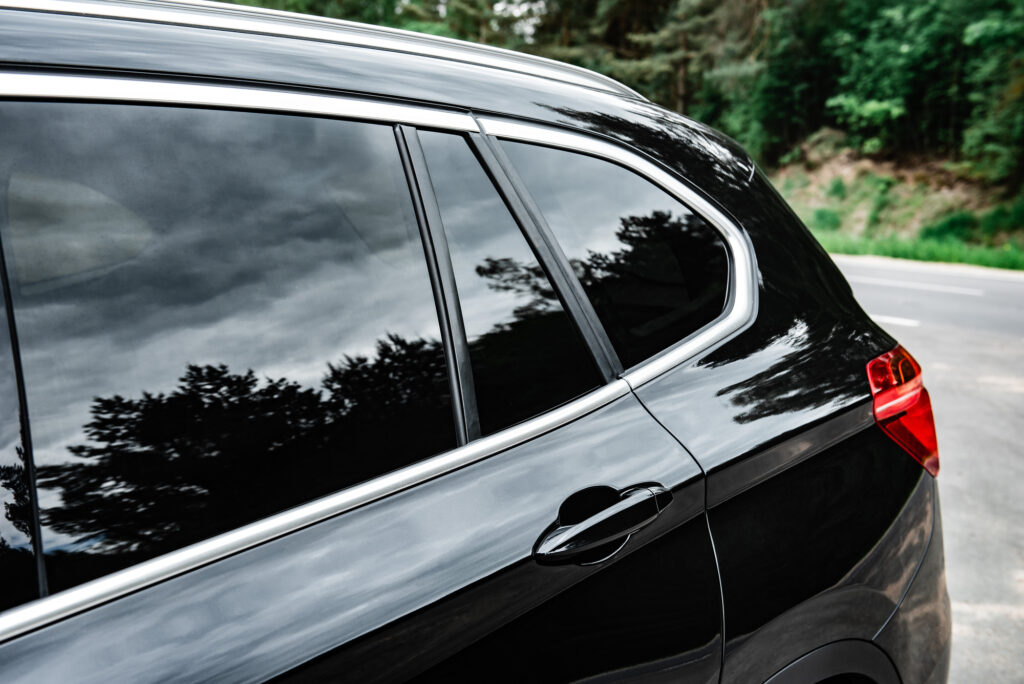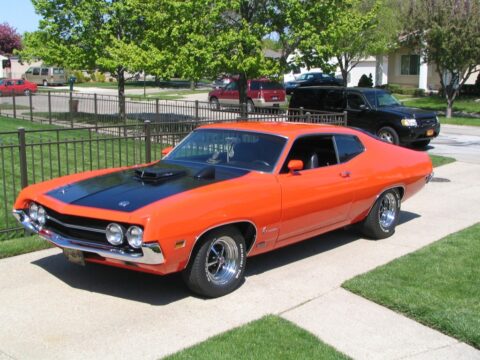Your car window tint is a great accessory that ensures privacy and protects your eyes from the scorching Texas sunlight.
However, sometimes you may add too much or too little tint to your window, which is dangerous and illegal.

This article will explore Texas window tint laws to determine how much tint is legal in the state.
Contents
Does Texas Have Window Tint Laws?
Like many other states, Texas has operational window tint laws. While car window tints are essential, the state takes precautions to ensure they are safe and don’t lead to unfortunate circumstances.
Texas window tinting regulation is set out by the department of public safety, which dictates the viable light transmission percentage you can have on your car windows.
The standards differ for the windshield, side windows, and rear windows. Similarly, there are a few exemptions to the rules, such as if you have a medical condition.
It is essential to know and understand the standards set in Texas if you plan to tint your car window in the state.
Failure to adhere to the regulations will put you at crossroads with the law and earn you a ticket and accompanying fines.
What Is The Car Window Tint Law in Texas?
The window tint law is a part of the Texas Administrative Code that dictates how much tint you should apply on your car. It sets different requirements for different car windows.
Let’s look into some of them.
What Is the Legal Tint on Front Windows in Texas?
You can have tinted front windows in Texas if they meet the following set of requirements:
- Foremost, the sunscreening film should be placed above the windshield’s AS-1 lines or at least five inches from the top of the windshield. The applied tint should not be colored red, blue, or amber.
- The tint placed on the windshield must give a viable light transmittance percentage of 25% or more and a luminous reflectance value of not more than 25% when combined with the glass.
- You are allowed to have a transparent UV film anywhere on your front window.

What Percentage of Window Tint Is Legal in Texas?
Window tint is measured in viable light transmission percentage, which is the amount of light the sunscreening material lets into your car.
Texas car window tint laws govern the VLT percentage you can have on your window.
Lowest Legal Car Window Tint in Texas
The lowest tint you can apply on your car window in Texas is no tint at all. You are allowed to drive with a clear non-tinted UV film on your car window.
Highest Legal Car Window Tint in Texas
The highest window tint you can legally have on your car when driving around Texas is one with a light transmittance value of at least 25%.
The cap ensures drivers have a clear view of the road to prevent accidents. The set VLT percentage also allows law enforcers to glimpse illegal vehicle activities.
Nonetheless, the cap on the highest window tint doesn’t apply to everyone. The rule is subject to exemptions, including those with certified medical conditions and some state officials.
These people are allowed to have a higher tint on their vehicles.
Is Chameleon Tint Legal in Texas?
As the name suggests, chameleon tints change color and provide different amounts of shade when exposed to different environments and circumstances. The sunscreening film offers better protection from UV light and gives a higher privacy level than other tints.
The Lone Star State allows these tints on your car window, given they are not red, blue, or amber.
Similarly, the chameleon tint must have a light transmission capacity of at least 25%. If the sun screening material is destined for placement in the windshield, it must be above the AS-1 line or extend to at most five inches below the windscreen’s top.
So, Can You Be Pulled Over for Window Tint in Texas?
If you drive around Texas with window tints that are not up to standard, you are in contravention of Texas laws and, therefore, can be pulled over by law enforcement. The officer will write you up a ticket based on how much darker your tint is than the prescribed limit.
If it’s your first time being pulled over for excessive tinting, the law enforcer will likely write up a $20 to $25 ticket and ask you to remove the tint.
If you continue with the non-compliance, subsequent window tint fines may go as much as $275.
Nonetheless, you could avoid these fines if you are subject to the medical tint exemption after getting pulled over. This requires you to obtain a prescription or signed statement from a registered physician, quantifying that you need the excess tint to safeguard your health.
If you are not subject to the exemption, simply follow the rules and avoid getting pulled over.
Legal Car Window Tint Services in Texas
Now that you are conversant with the Texas tint laws let’s see a couple of places where you can have tint applied to your car windows.
The professionals in these places will ensure a sunscreening film that meets the legal standards.
Texas Tint Masters
Located in Houston, Texas Tint Masters ensures you get the best tint for your car. Whether you need to add style to your vehicle or simply enhance your safety, the professionals will provide a legally compliant tint installed on your car. The exquisite customer service will surely impress you.
Fletch Window Tint
Here is another excellent window tinting service located in San Antonio. It provides clients with quality material with good light transmission. They do not compromise on quality service, and you will have your tint installed insanely fast.
Round Rock Window Tinting
This is arguably the best window tinting service in Round Rock. The company has been offering award-winning service to their customers for over 35 years. From services to products, the enterprise does not compromise. You won’t be disappointed if you get your tint installed here.














